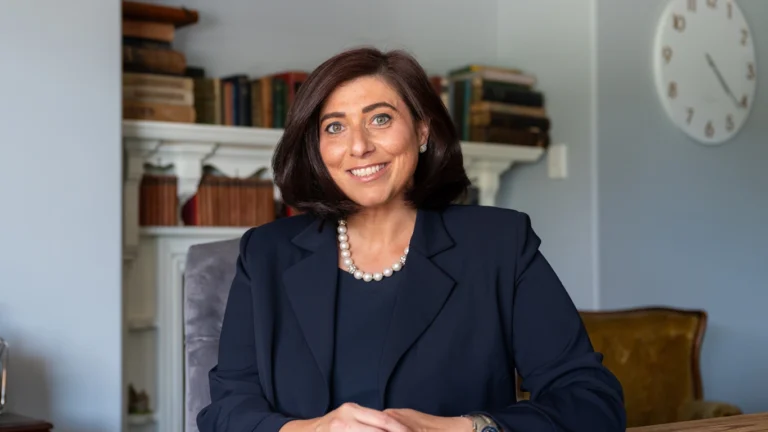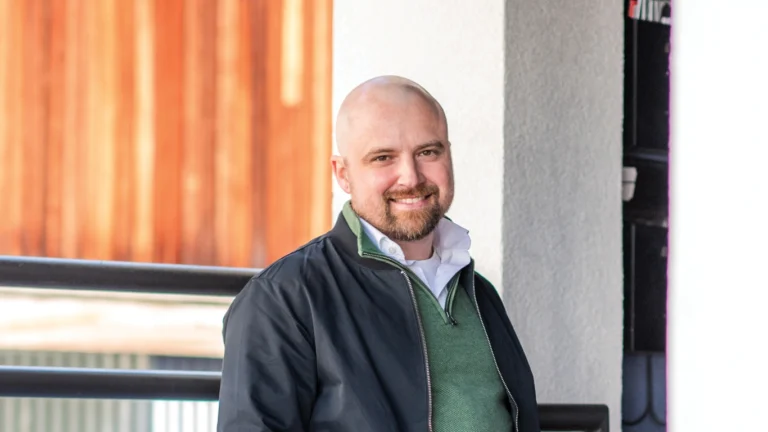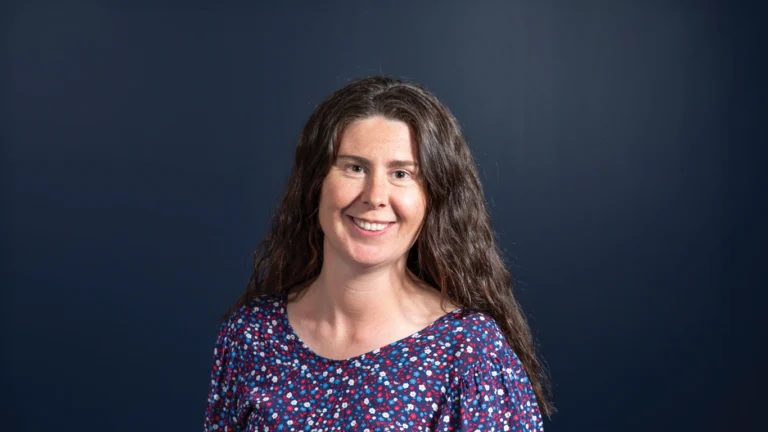InView Magazine: Issue 8 out now!

The mistaken belief that private practice lawyers can jump ship and move in-house for an easier life has been brought sharply into focus by a number of high-profile cases in which in-house counsel have fallen well short of their obligations. The aftershocks of the 1990 British Post Office scandal (which saw more than 900 subpostmasters wrongly convicted of stealing and heavily implicated lawyers working on behalf of the Royal Mail) still rumbles on today.
More recently, in Australia, gambling company Star Entertainment was fined AU$15 million and had its casino licence suspended for allowing money laundering, fraud and foreign interference to occur at its Sydney casino between 2016 and 2021. In the subsequent Bell Review by the NSW Independent Casino Commission, Star’s three-person in-house team were found to have put the interests of the company ahead of their ethical obligations.
Such cases spotlight a rising dilemma: how do in- house lawyers deliver the outcomes demanded by their organizations in an increasingly inflated commercial environment, all while staying within the boundaries of their professional obligations?
Omro frames the problem in simple terms. “Legal teams are still so often treated as cost centers within their organizations. This makes them less likely to receive additional resourcing – and that creates risk.” he says. “When a legal team is stretched too thin, that’s when ethical missteps are more likely to crop up.”
Omro, who previously acted as Group Legal Counsel at Ace Contractors Group and now works for the construction watchdog in Victoria, believes that in addition to the Star Entertainment and Post Office cases, questions of professional standards are also coming across the desks of lawyers in the construction industry. He notes that these go beyond the well-documented combustible cladding crisis: “We are now facing widespread concerns surrounding substandard apartment construction, from poor design and deficient materials to inadequate safety protocols.”
It’s clear that whatever is going wrong, it’s happening across multiple sectors – raising questions about the oversight and accountability of in-house legal teams across the board.
To understand how we got here, we need to look back at what has changed in the in-house profession over the past few decades. As Omro notes, all lawyers, no matter their place of work, have always been closely regulated and subject to professional conduct rules. “In Australia, all lawyers have a duty to act in the best interests of our clients. But above all, our paramount duty is to the court and the administration of justice. When this balance gets thrown out, that’s when things really start to go wrong.”
There is no doubt that the ultimate responsibility for these errors in judgment always lies with the lawyer at fault. However, Omro says, it also cannot be denied that the modern environment in which many in-house counsel find themselves creates risk. This is something he has a unique perspective on, having practiced in-house employment law as well as working in the residential building industry in a non- legal capacity.
As businesses become more complex, cut-throat, and financially driven, lawyers are increasingly under pressure to achieve more with less and wear multiple hats. An unwanted byproduct of this evolution is the strain that now often exists between the wants of the organization and its legal function, the gatekeepers who are supposed to ensure moral and legal codes of conduct are adhered to.
The question, as highlighted by the British Post Office and Star Entertainment cases, is what more can be done to redress the balance? For Omro, it’s not as simple as just reminding lawyers to ‘do the right thing’ or training executives to ‘ask the right questions’. When you’re operating this closely with your clients, he says, “a systematic approach can be a game changer for assessing ethical and compliance risk.”
For legal advisors who are struggling to navigate complex ethical situations in-house, Omro suggests considering the following practices to make sure you safeguard not just your organization, but your professional integrity.
As with any good risk management strategy, Omro advises approaching in-house ethical issues through a hierarchy of control structures. “If a risk cannot be completely eliminated, having high-quality risk reduction controls in place becomes absolutely critical,” he says. This can look like, for example, immediately resolving the issue by having a conference on the matter, and by formally incorporating ethical considerations into the initial stages of a request for legal advice and ensuring that any concerns are noted on file.
All lawyers hold an individual responsibility to act in accordance with ethical principles. But, as Omro says, the reality is that it’s far easier to ensure these standards are being met if they are incorporated into the foundations of your team’s ways of working. “If addressing ethical challenges effectively is a team goal, set this down in writing,” he recommends, “and assess adherence to this as part of individual performance reviews.”
For legal department heads, those assessments are a perfect way to not only anchor performance metrics to professional conduct standards, but also to give lawyers the opportunity to raise any ethical concerns within a safe environment. Asking questions such as, “did you work on any cases in which ethical questions arose?” and “wdo you have any concerns about how those situations were handled?” gives the organization the chance to step in and address any issues to make sure they don’t happen again.
As Omro points out, technology is a time-saver, and making smart use of it gives legal teams more time to consider complex issues and avoid potential legal and ethical problems. “The less busy work you have to worry about, the more time you have to really think through the ethics of what you’re getting involved in.”
“I’m an advocate of getting involved in projects, discussions, and advisory matters early on, rather than reacting to problems,” says Omro. The commercial consequences of calling a halt to a business decision are much more severe once plans are already in motion. “But if you can embed yourself into project teams and business units and be involved in the early thinking around strategy, you can confront any potential ethical issues head-on and prevent them from becoming a problem before the business invests in going down the wrong path.”
He acknowledges, though, that there is still some risk involved with this approach – it’s important not to blur the line between project member and independent advisor.
In Omro’s opinion, soft skills are severely underrated, and yet they are crucial to building the authentic relationships which are a lynchpin of ethical practice. “When your internal clients feel that you’re interested in their work, that your interest is authentic, and you are empathetic to their concerns, it helps build your credibility. Then, when you call out a concern, they are prepared to listen.” Being vulnerable helps, too. “When you don’t know the answer to something, say so. An uncertain ‘yes’ is dangerous. But knowing when to ask for help in complex situations will make you not only a more ethical lawyer, but a more effective one in the long run.”
Omro reminds us that, ultimately, if you still find yourself unable to determine the right course of action in any situation in-house, it’s time to call on the professional ethics hotline for your legal jurisdiction to seek advice, or speak to your direct report.
There is always support out there, he says – even if you feel alone.


